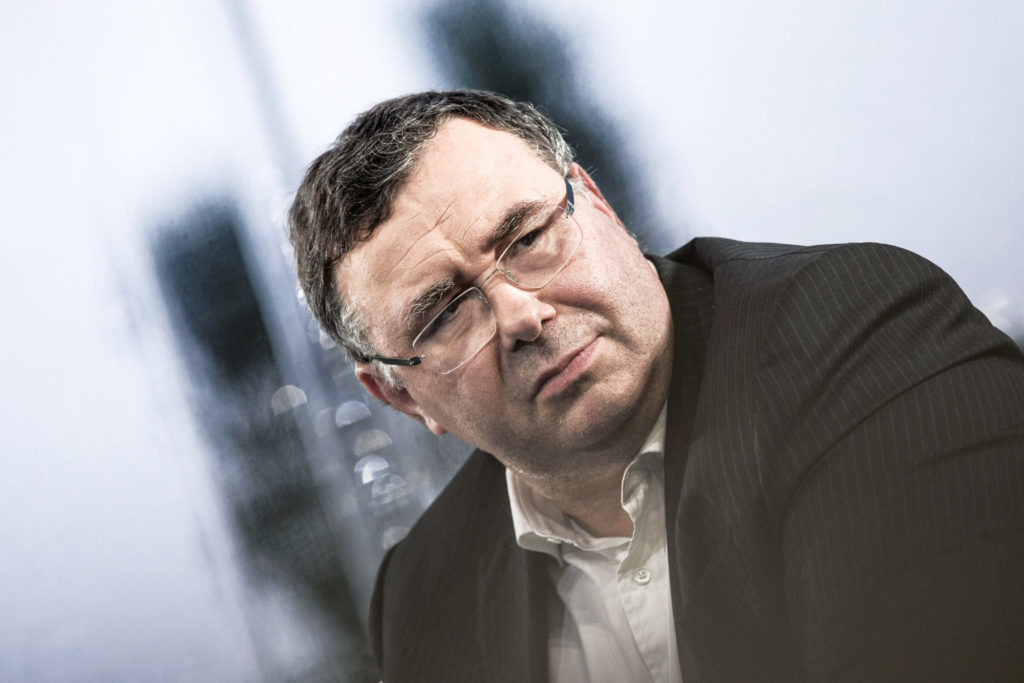
Total has declared force majeure at its Mozambique LNG project, citing the local insecurity.
The French company said it had withdrawn all its personnel from the Afungi site. As such, it has declared the stoppage officially.
The move follows a terrorist attack on the nearby town of Palma, on March 24. The assault lasted for some days and killed a number of people, both locals and expatriates.
Total said it expressed its solidarity with the government and the Mozambique people. It went on to say that it hoped the actions taken by the government, and its partners, would “enable the restoration of security and stability in Cabo Delgado province in a sustained manner”.
The attack came just as Total had said it would return to work. It had put things on pause at the beginning of the year in the face of the rising insurgency.
The company’s decision is not a surprise. In recent weeks a number of reports have emerged of Total terminating contracts.
Local media has reported some concerns around security forces looting equipment at the Afungi site.
Joseph Hanlon, in Mozambique News Reports & Clippings, has reported that the insurgents have committed not to attack during Ramadan. This ends on May 12, he notes, after which “they predict another attack”.
INP eyes impact
At a press conference on April 26, the chairman of the Instituto Nacional de Petroleo (INP), Carlos Zacarias, noted that all work on the Golfinho-Atum project would be suspended. Work will resume once security is restored.
Total may “suspend or terminate” contracts during force majeure, INP said. The French company has not abandoned Mozambique LNG, it said.
Zacarias said the Mozambique authorities were working to tackle the region’s security issues.
Total will analyse the impact on the Mozambique LNG schedule, INP’s statement said. The agency reiterated that the plant should start producing in 2024.
The French company is the operator of Mozambique LNG with a 26.5% stake. State-owned ENH Rovuma Área Um has 15%. Japanese, Indian and Thai companies hold the remaining equity.
Mozambique seems to lack the capacity to tackle the local terrorist problems on its own. It seems increasingly likely that some amount of international response will be required, led initially by the Southern African Development Community (SADC).
The latter group declared it would investigate the Cabo Delgado problem in an April 8 meeting, called in response to the attack. SADC will meet again on April 28-29.
The US has deployed a small group of military trainers, as has Portugal.
Disappointing
The African Energy Chamber said it was “disappointed” in the Total decision. “We believe the declaration of force majeure could have been prevented and comes prematurely,” it said.
Total’s decision is likely to embolden terrorists, the chamber continued.
“When we stop as an industry, we nurture the hate speech against energy projects in Africa, and we give those ‘haters’ instruments to criticise further our good-faith efforts to make Africa better for Africans,” said the African Energy Chamber’s NJ Ayuk.
“This is the time to make a stand, find solutions, and continue exploiting our resources.”
Updated at 2:58 pm with Hanlon, INP and African Energy Chamber comments.
